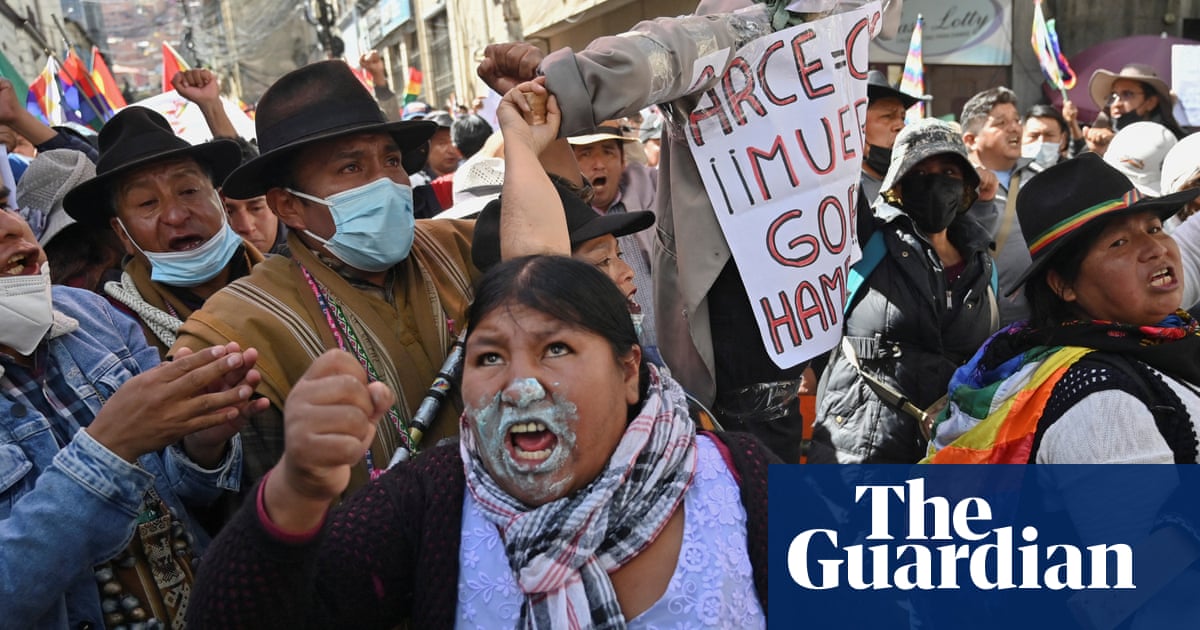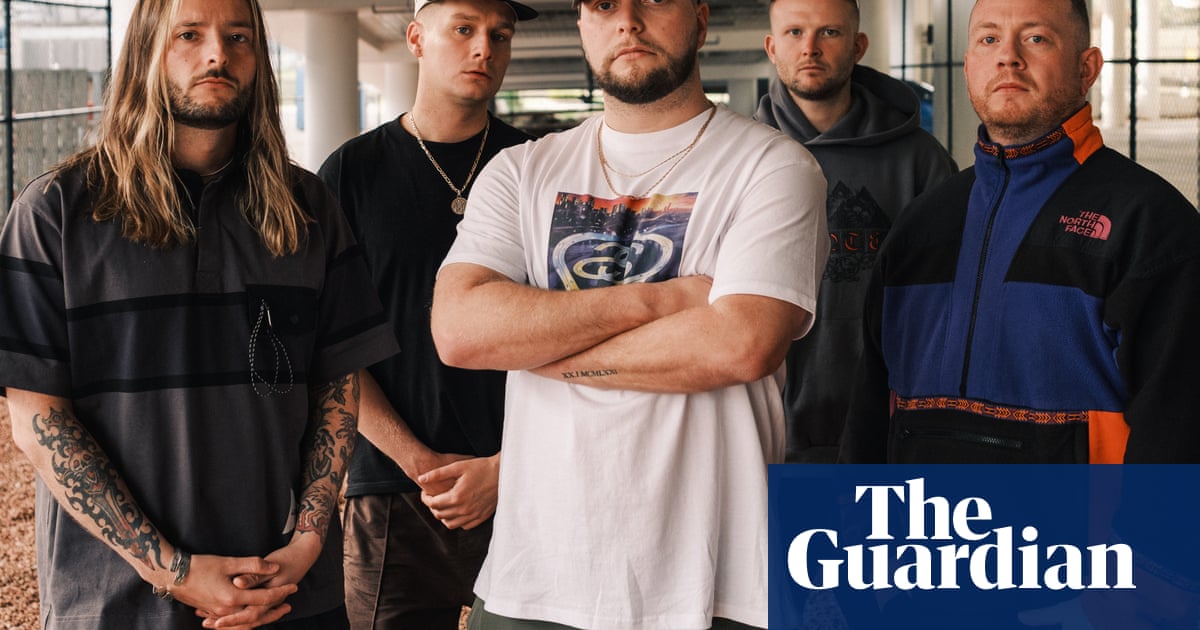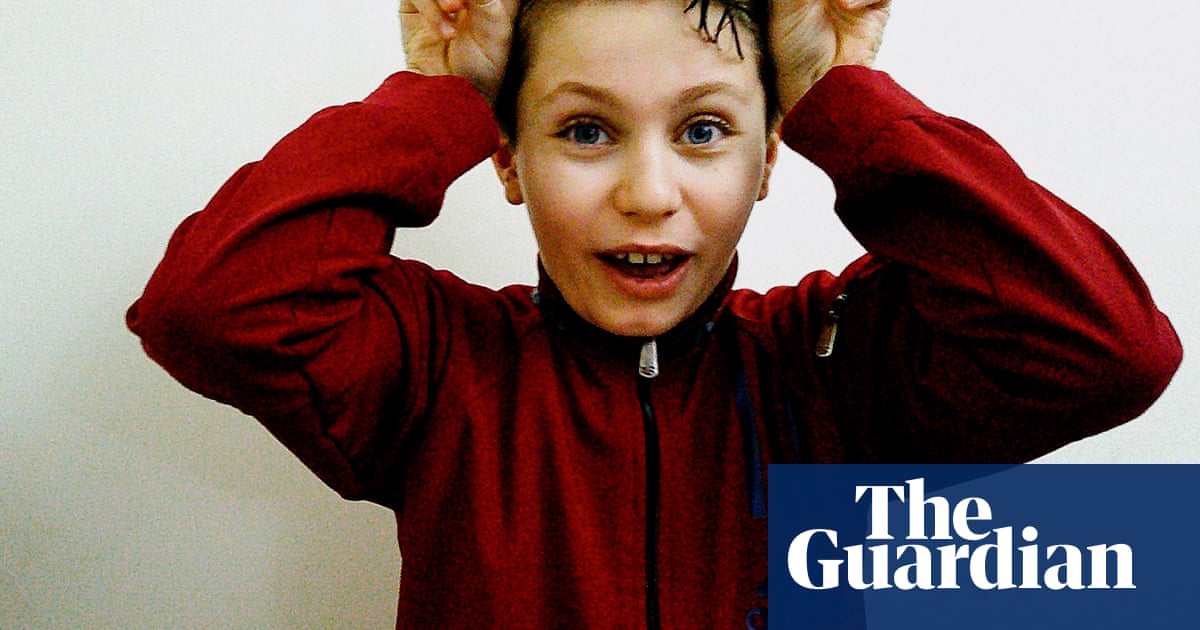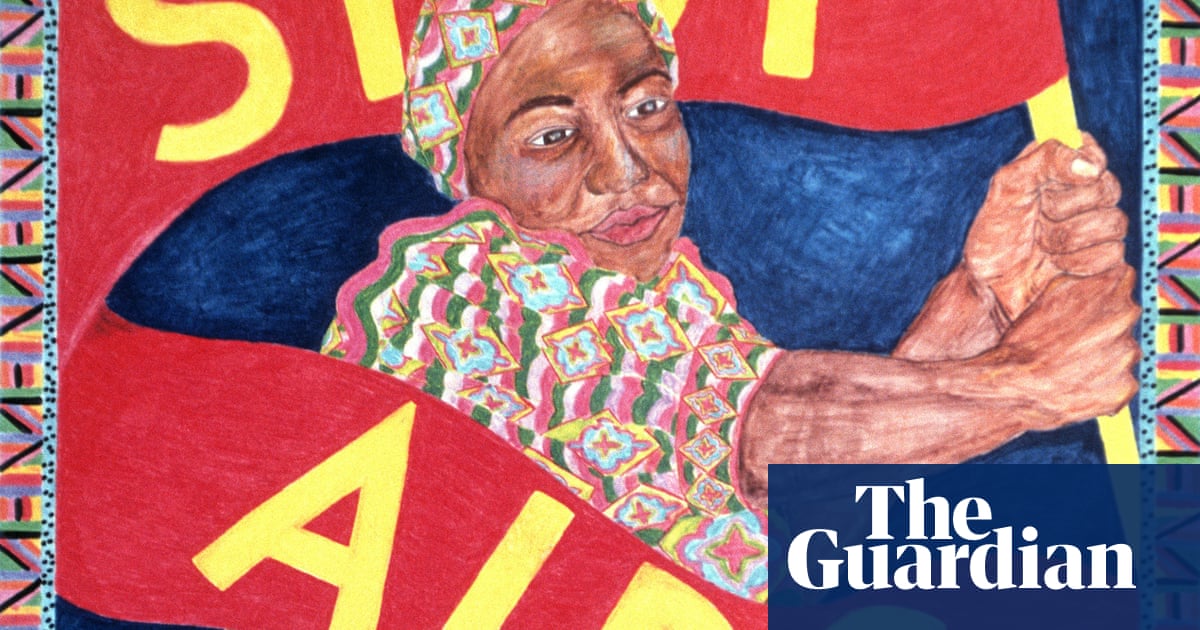A key pillar of Dutch maternity services that has led to the Netherlands being hailed as a world leader in postnatal care is under threat, healthcare unions in the country have warned.
The Netherlands has long prided itself on its unique system of kraamzorg (maternity care), whereby a maternity care assistant comes to a new family’s home for eight days after a baby’s birth, caring for mother and infant.
But on Tuesday, five healthcare unions are expected to present a manifesto and petition of almost 15,000 signatures to MPs in The Hague, warning that a shortage of labour and competition from other care jobs have left the system facing crisis.
The petition calls for a guarantee of the future of good kraamzorg for all mothers and newborns in the Netherlands.
The unions want a dedicated ministerial representative and better pay, including for “waiting” time, where care workers have to be available in case babies are born but receive about €11.50 (£9.80) for an eight-hour shift, before tax. A typical contract of 130 hours a month includes 244 to 265 hours on standby, according to the FNV trade union.
“Last year there were 500 families without a maternity care assistant,” said Daniëlle Verveen, a care assistant from Krommenie, near Amsterdam. “And the expectation is that this will increase up to 2034, in just 10 years, to 37,000 families without kraamzorg.”
Marloes Kortland, from the CNV union, said the kraamzorg system of supporting new parents, checking babies’ health and helping with tricky newborn challenges such as breastfeeding was a one-off and deserved to be preserved.
“The Netherlands is the only country that has this care,” she said. “In the countries around us, women stay for much longer in hospital but here, the care for mother and children is taken up straight away by the maternity care assistants.
“But the problem is that there is a shortage of care assistants, the work pressure is ever greater and more people are leaving.
“Kraamzorg demands a lot of flexibility from people because you never know when a baby will be born … and if you have a family yourself, it is very difficult to combine the two.”
Almost one in seven babies are born at home in the Netherlands and, at such a birth, the assistant is present alongside a midwife. In a hospital or maternity unit birth, women are typically discharged within hours and the care worker then visits every day to monitor mother and baby. The system, mostly paid for through health insurance, offers between 24 and 80 hours of care.
But in periods such as the summer holiday it is creaking at the seams, said GreenLeft MP and former midwife Elke Slagt-Tichelman.
“If there’s a peak with births in a region, it can be exhausting for the maternity care assistants to get the schedule organised, and sometimes parents get less assistance,” she said.
Although vital, she added, the job of maternity care assistant was challenging and “not attractive” from a remunerative point of view. “Like taking care of the elderly, it is a really underpaid job,” she said.
But Verveen – who said that in three years she had saved a 24-hour-old girl from choking and helped 200 families – said the profession had a value far beyond income.
“There is something magical about life as a maternity carer,” she said. “You help a family start up a new life.”

 7 hours ago
3
7 hours ago
3

















































